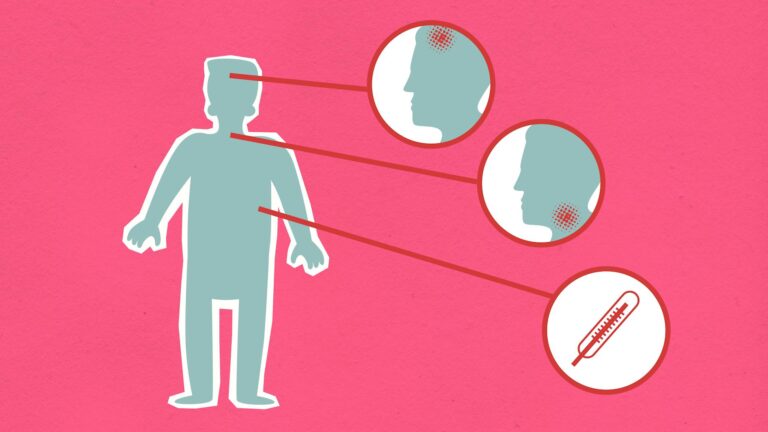Parkinson’s disease is a progressive neurological disorder that affects approximately 1 million people in the United States alone. It is characterized by the loss of dopamine-producing cells in the brain, leading to a plethora of motor symptoms such as tremors, rigidity, and difficulty with movement. However, what many people may not realize is that Parkinson’s disease can also lead to cognitive impairment, including dementia.
In recent years, there has been a growing concern about data breaches in the healthcare industry. This is particularly alarming for individuals with Parkinson’s disease dementia (PDD), as their personal and sensitive data may be at risk. In this article, we will explore the potential consequences of a data breach for those with PDD, and provide some tips for protecting personal health information.
What is Parkinson’s Disease Dementia?
Parkinson’s disease dementia is a type of dementia that occurs in individuals with Parkinson’s disease. It is estimated that up to 80% of people with Parkinson’s disease will eventually develop dementia. The symptoms of PDD are similar to those of other types of dementia, including memory loss, confusion, and difficulty with daily tasks.
The link between Parkinson’s disease and dementia is not fully understood, but it is believed that the same underlying changes in the brain that cause motor symptoms may also contribute to cognitive impairment. This can be particularly challenging for individuals and their families, as PDD adds an additional layer of complexity to an already difficult disease.
Data Breach and its Impact on PDD Patients
A data breach occurs when unauthorized individuals gain access to sensitive information, such as personal health records. In the healthcare industry, this can include medical histories, test results, and even social security numbers. For individuals with PDD, a data breach can have serious consequences.
Firstly, PDD patients may have limited capacity to understand the implications of a data breach or take steps to protect their information. This can leave them vulnerable to scams and identity theft. Secondly, PDD patients may have a harder time recovering from a data breach due to their cognitive impairment. This can lead to increased stress and potential for worsening of their condition. Lastly, the breach of sensitive medical information can also lead to discrimination and stigma for PDD patients.
Protecting Personal Health Information
The potential consequences of a data breach for individuals with PDD highlight the importance of protecting personal health information. Here are some tips for safeguarding your data:
1. Be cautious when sharing personal information: Be mindful of who you share your personal health information with, both online and offline. Only provide this information to trusted healthcare professionals and institutions.
2. Keep track of medical records: Keep a record of all your medical appointments, prescriptions, and test results. This will help you detect any unauthorized access to your information.
3. Use strong passwords: Make sure to use strong and unique passwords for all your online accounts. This can help prevent hackers from accessing your personal information.
4. Monitor your accounts: Regularly check your credit card and bank statements for any suspicious activity. If you notice anything out of the ordinary, report it immediately.
5. Stay up-to-date with security measures: Stay informed about the latest security measures and updates in the healthcare industry. This can help you stay ahead of any potential breaches.
What Can be Done to Prevent Data Breaches in the Healthcare Industry?
While individuals can take steps to protect their own personal health information, it is ultimately the responsibility of healthcare organizations to safeguard sensitive data. This includes implementing strong security measures, regularly updating software and systems, and providing ongoing training for employees on data privacy and security.
Furthermore, government regulations such as the Health Insurance Portability and Accountability Act (HIPAA) have been put in place to protect patients’ personal health information. These regulations require healthcare organizations to adhere to strict guidelines for handling and securing sensitive data.
In the case of a data breach, it is important for healthcare organizations to have a plan in place to respond and minimize the impact on patients. This can include providing affected individuals with credit monitoring services and timely communication about the breach.
Conclusion
Data breaches in the healthcare industry are a growing concern, particularly for individuals with Parkinson’s disease dementia. The consequences of a breach can be devastating for PDD patients and their families, making it crucial for both individuals and healthcare organizations to take steps to protect personal health information. By following the tips outlined in this article and staying informed about security measures, we can work towards creating a safer environment for individuals with PDD and other vulnerable populations.





